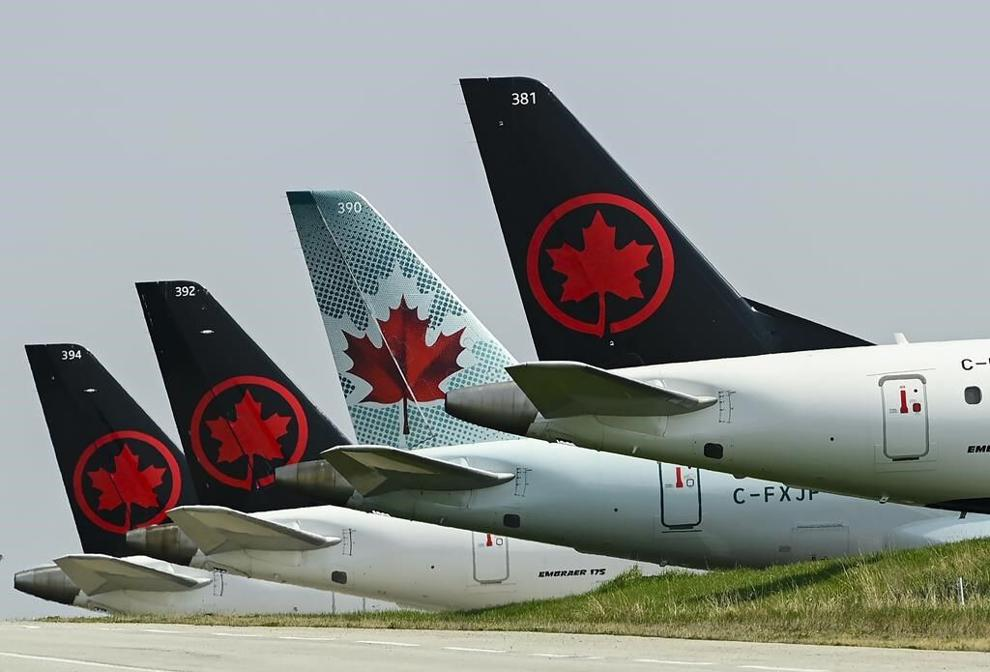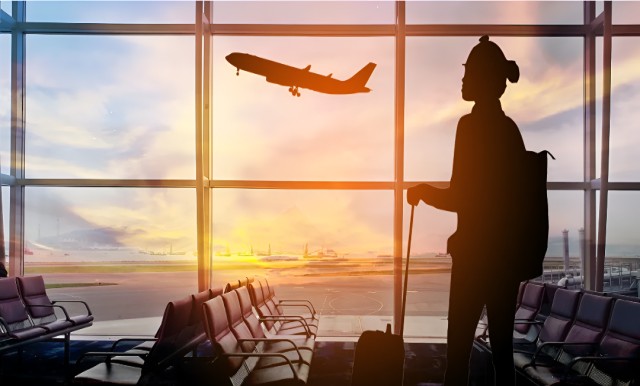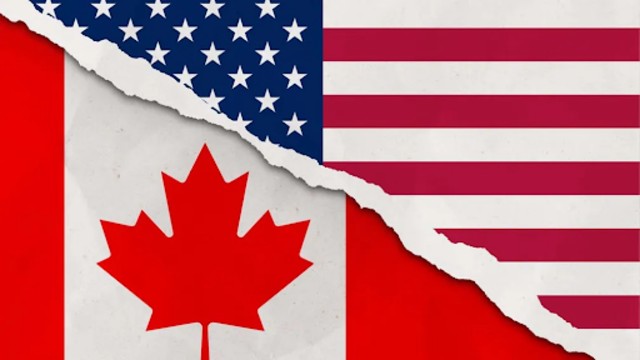
Grounded Air Canada planes sit on the tarmac at Pearson International Airport during in Toronto on Wednesday, April 28, 2021. THE CANADIAN PRESS/Nathan Denette
Advocates and Air Canada's CEO presented opposing perspectives on the accessibility of air travel for passengers during a House of Commons transport committee session. Although both sides acknowledge the issue of consistency, they differ significantly in their interpretations of the current state of affairs.
Michael Rousseau, the CEO of Air Canada, stated that the vast majority of the 1.3 million passengers who requested special assistance last year reported positive experiences. He noted that only 0.15 percent, or approximately 1,950 individuals, filed complaints. Rousseau emphasized that while these incidents should not be overlooked, they represent a small fraction of overall travel experiences and underscore the airline's commitment to continuous improvement. He identified inconsistency as the primary challenge and emphasized the importance of training as a solution.
However, disability rights advocate David Lepofsky countered Rousseau's claims, arguing that complaint statistics fail to capture the full extent of challenges faced by passengers with disabilities. Lepofsky shared personal experiences of extended waits for assistance and inadequate support during air travel, highlighting the disconnect between reported statistics and lived experiences. Other advocates echoed similar sentiments, emphasizing the need for more transparent reporting and stronger enforcement mechanisms to ensure accountability and consistency in accessibility standards.
The transport committee hearings were prompted by several high-profile incidents involving Canadian airlines. These incidents included a man with spastic cerebral palsy being forced to drag himself off an Air Canada plane, Canada's chief accessibility officer finding her wheelchair left behind by the airline, and a former Paralympian having to climb aircraft stairs due to inaccessible boarding procedures.
In response to these concerns, Air Canada has outlined a three-year plan to improve accessibility, including the establishment of a customer accessibility director and mandatory training for frontline staff. The airline has also introduced initiatives such as the "sunflower program," which allows passengers to indicate their need for assistance with a wearable lanyard, and a mobile app to track checked mobility aids in real time.
Despite these efforts, advocates have called for more comprehensive measures to address systemic issues in air travel accessibility. They have proposed initiatives such as easily accessible hotlines for travelers with disabilities, undercover assessments of customer service practices, and single-point assistance from curb to gate to enhance the travel experience for passengers with disabilities.
Additionally, advocates have criticized the Canadian Transportation Agency for its enforcement of accessibility regulations, citing insufficient penalties for violations. They argue that the current regulatory framework lacks teeth and fails to hold airlines accountable for ensuring accessible travel experiences for all passengers.
In light of these ongoing challenges, the government has announced a summit on air accessibility scheduled for May 9. However, some advocates view this initiative skeptically, considering it to be more of a photo opportunity than a meaningful effort to address systemic issues. Despite legislative changes aimed at improving accessibility, significant gaps remain in the implementation and enforcement of air travel accessibility standards.















